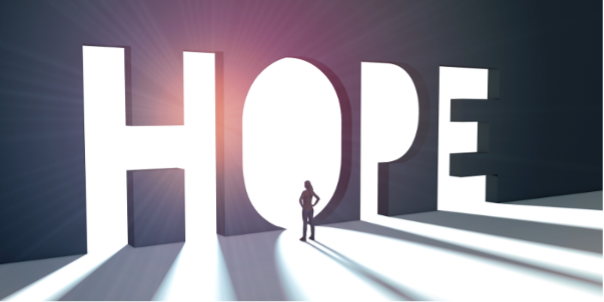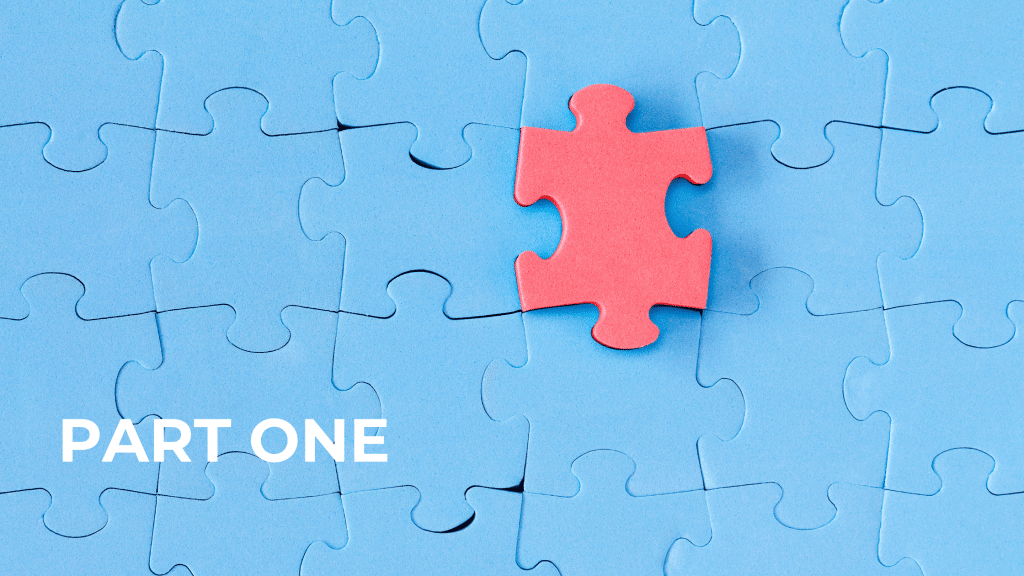Have you ever given someone else advice and then realised you need to take your own medicine?
My partner was concerned about how much progress they had made towards their goals this year. He’d made progress, but not as quickly or far as he had hoped.
I suggested he show himself the kindness he would show a friend in a similar situation.
Then it hit me. I needed to take my own advice.

Like many people, I had a plan for what I wanted to achieve in 2023. But, when I look back on the list of ‘things’ I had agreed with my business mentor that I needed to produce this year, I hadn’t ticked off as many as I had planned.
The advice I gave my partner reminded me to look beyond that one list of quantitative achievements and consider improvements in the quality of my relationships, my personal growth and what I decided not to do because it was no longer the ‘right thing’.
Those other things didn’t only happen because I expected they would. They happened because I also saw myself as capable of enabling them to happen. That’s the difference between being optimistic and having hope.
Optimism is like believing your indoor plant will survive your holiday. Hope is asking a trusted neighbour to water it while you’re away.
When I showed myself the kindness I would a friend, I realised some of that achievement took much more effort, self-reflection and constraint than producing a business product. The outcomes will also have longer-lasting benefits.
Psychologist and Professor Charles R Synder developed ‘Hope Theory’ in the 1990s and, in doing so, changed the way we should experience ‘hoping for the best’.
Hope Theory is centred around the idea that hope consists of two main components:
- Agency Thinking: This refers to your motivation to achieve your goals and the belief in your ability to do so.
- Pathways Thinking: This involves finding different ways to achieve those goals, especially when facing obstacles.
Howard Schultz, the former CEO of Starbucks, said, “Hope is powerful. It’s the most important ingredient in life. It provides us with a sense of possibility.”
However, one of the modern criticisms of hope theory is that it fails to consider the impact of the context that surrounds us. That is, it fails to recognise the dynamic interactions between the parts of systems we exist within and how that affects both our agency and pathways thinking.

Given that, here are my tips for keeping your hope alive as we head into 2024. Focus on:
- Your direction rather than a specific destination. Most of you will be familiar with the saying, “Shoot for the moon. Even if you miss, you’ll land among the stars”.
- Your process and the quality of your journey instead of focusing solely on your outcomes. I’ve never liked the saying, “The end justifies the means”. I’d prefer to keep my soul intact.
- What’s the next right thing to do, and how will you sense whether you’re on the right track instead of developing a detailed step-by-step plan?
- Setting milestones that you check at least every 90 days to confirm your progress and whether those milestones are still the next right things to work towards.
- Your ‘why’ to keep you motivated and
- The strengths you already have that you can draw on when the going gets rough!
What will you do to make your hopes a reality in 2024?







